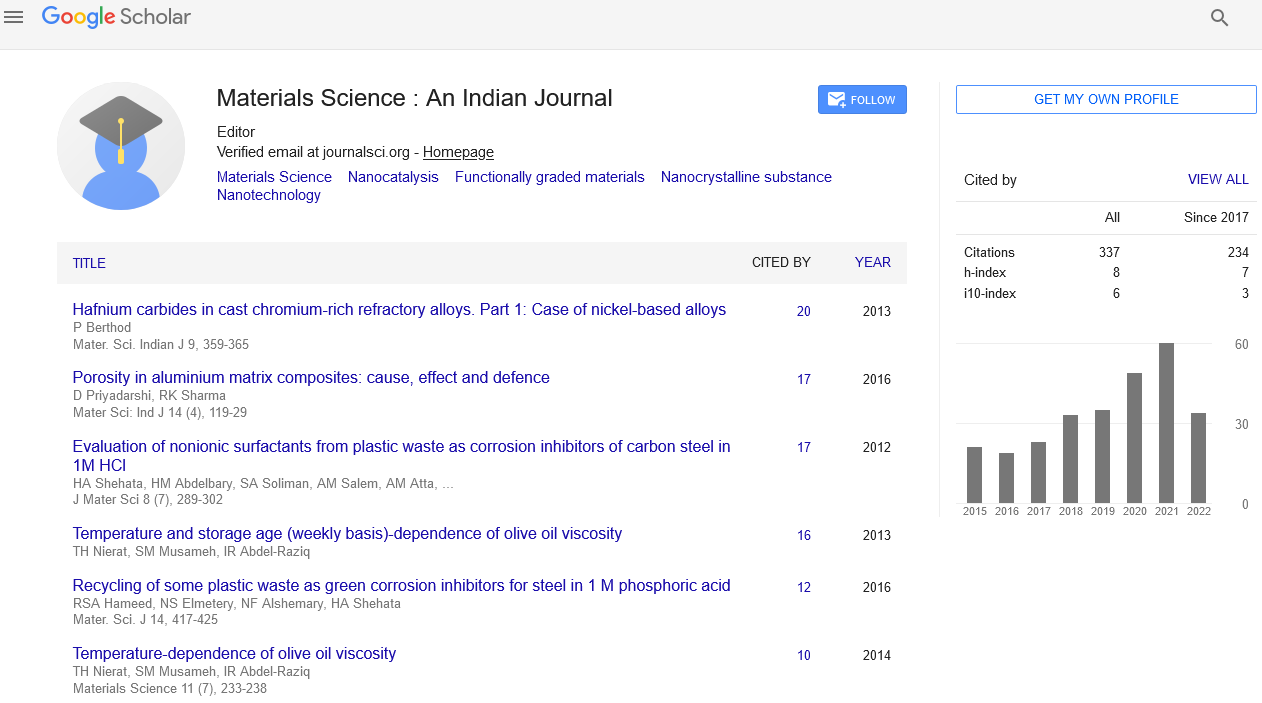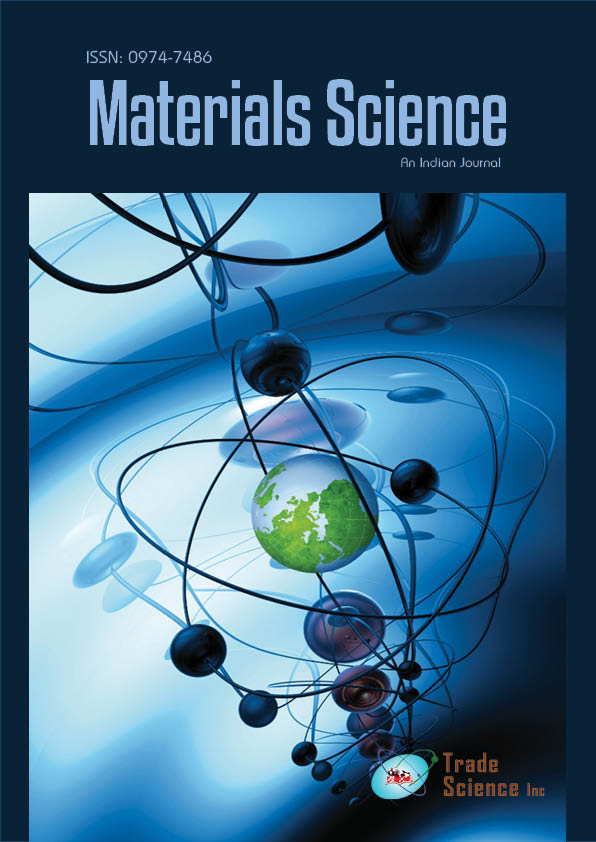Abstract
Remediation of Fluoride Laden Water by Complexation with Triethylamine Modified Waste Polythene Material
Author(s): Mbugua G, Mwangi IW, Swaleh S, Wanjau RN, Ram M and Ngila JCThis paper reports on the development of an affordable, environmentally friendly, and sustainable method for mitigating effects of fluorides in water. This contaminant has leached from the soil and rocks in the earth’s crust that contributed to pollution of both surface and underground waters with negative effects on the safety of consumers. Dangers associated with consumption of fluorides include dental and skeletal fluorosis in man plus animals as well as impaired brain development. This implies that fluoride ions have a capability of limiting the intellectual ability of consumers to make them dependent throughout their entire life. The fluoride ion in drinking is a non-biodegradable pollutant that requires removal. Previously applied removal methods had several challenges such as expensive, ineffective, and not regeneratable. This study investigated the use of solid polythene material derived from the disposed waste thus meeting the criteria for low cost, value addition and sustainable technology. The polythene material was modified with a tertiary ammonium compound to enable its complexation with the fluoride ions in water. The modification was confirmed by FTIR analysis. Complexation parameters such as concentration, temperature, and pH were investigated. The complexation mechanism was found to fit the Langmuir model isotherm having an adsorption capacity of 18.545 mg g-1 and was of Pseudo first kinetics. This indicates that the complexation followed a physio sorption process. The results obtained demonstrated that the heterogeneous material is effective and has a potential application for treatment of fluoride laden water. It is envisioned that the material be packed in cartilages and applied at a point of use to improve the quality of fluoride laden waters and solve the problem of population in areas naturally fluoridated. Every drink taken from these sources is a potential poison that affects both the brain and bones. The use of this modified material to purify water will contribute towards the improvement of the peoples’ self-esteem and make them generous with their smile.

